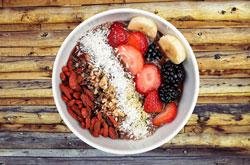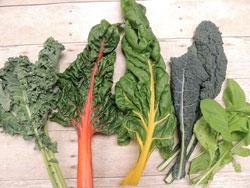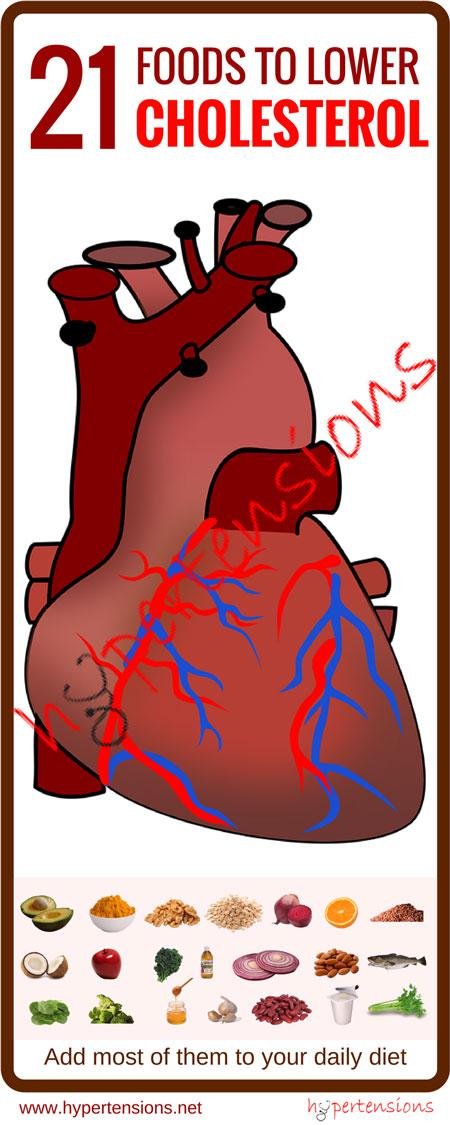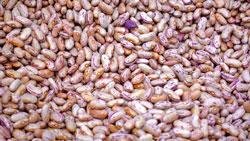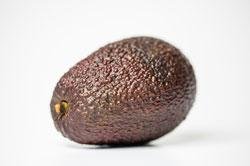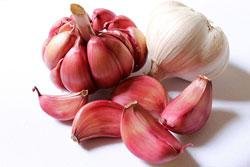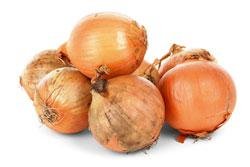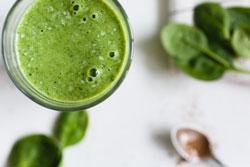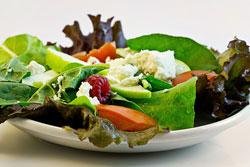Debunking Cholesterol Myths: Take Charge of Your Heart Health and Lower Your Bad Cholesterol Naturally!
Ever feel confused about cholesterol? You're not alone! Let's clear things up. It's not just about a single number on a blood test – it's the balance between good (HDL) and bad (LDL) cholesterol that matters most.
The good news? You can achieve this naturally, ditching the potential side effects of medications! Here's how to take charge of your heart health and lower bad LDL cholesterol naturally through simple lifestyle changes:
Natural Strategies to Supercharge Your Good HDL and Minimize Bad LDL
While some recent studies are exploring the complexities of cholesterol's role in heart disease (1), doctors still emphasize keeping LDL in check for optimal heart health (2). So, keep your LDL in check and you have many natural choices.
Diet Makeover: Revamp Your Plate for Heart Health
- Cut Saturated Fat:Ditch fatty cuts of meat like marbled steaks and ground beef. Choose lean protein sources like skinless chicken, fish, beans, and lentils. Opt for low-fat or fat-free dairy options like skim milk or Greek yogurt.
- Embrace Omega-3 Powerhouses:Salmon, mackerel, herring, and sardines are heart-healthy fat superstars! Include them in your diet at least twice a week. Flaxseeds, walnuts, and chia seeds are also excellent plant-based sources of Omega-3s.
- OutsmartSneaky Trans Fats:Avoid processed foods like fried snacks, packaged pastries, and commercially baked goods. These are often loaded with unhealthy trans fats. Check food labels carefully – steer clear of anything with "hydrogenated oils."
Weight Management: Shedding Pounds for a Healthier You

Being overweight or obese raises bad LDL cholesterol and increases your risk of heart disease. Aim for a healthy weight loss of 1-2 pounds per week through gradual calorie reduction. Focus on portion control and choose nutrient-rich whole foods over processed options.
So, how much weight loss is needed to lower cholesterol? Even modest weight loss can make a significant difference. Studies suggest that losing just 5-10% of your body weight can positively impact your cholesterol levels.
Fiber Up! Increase Soluble Fiber for a Cholesterol-Lowering Advantage
Soluble fiber in fruits (apples, bananas, berries), vegetables (Brussels sprouts, broccoli, sweet potatoes), and oatmeal traps cholesterol in your digestive system, preventing its absorption. Bonus: fiber keeps you feeling fuller for longer, which can aid in weight management!
Exercise for a Double Win: Boost Good HDL and Lower Bad LDL
Regular physical activity is a cornerstone of heart health. Aim for at least 30 minutes of moderate-intensity exercise most days of the week. Brisk walking, swimming, cycling, dancing, or even gardening are all excellent choices. Choose activities you enjoy for long-term consistency.
Can exercise lower cholesterol quickly? While exercise won't drastically lower your cholesterol overnight, it can contribute to positive changes over time. Combining regular exercise with a healthy diet is a powerful one-two punch for improving your cholesterol profile.
Best Exercises for Heart Health:
- Brisk walking
- Swimming
- Cycling
- Dancing
- Strength training (2-3 times per week)
Stress Less, Live More! Manage Stress to Keep Your Heart Healthy
Chronic stress can worsen cholesterol levels and increase your risk of heart disease. Find healthy ways to unwind and de-stress. Yoga, meditation, spending time in nature, or simply taking deep breaths can all be effective stress management techniques. Laughter is great medicine too – watch a funny movie, spend time with loved ones, or do activities that bring you joy!
Kick the Butt: Stop Smoking for a Clear Advantage
Smoking lowers good HDL and raises bad LDL cholesterol. It's a double whammy for your heart health. Quitting smoking is one of the best things you can do for your overall health and well-being. There are many resources available to help you quit smoking, including nicotine replacement therapy, counseling, and support groups.
Remember: Consistency is key! By incorporating these simple lifestyle changes into your daily routine, you can significantly improve your cholesterol profile within a month, naturally and safely! Take charge of your heart health today – your future self will thank you!
Natural Remedies, Recipes, and Additional Tips
While medication may be necessary in some cases, natural remedies can be a great way to support healthy cholesterol levels alongside a balanced diet and exercise routine.
Natural Cholesterol-Lowering Support
- Fiber Powerhouses:Incorporate soluble fiber-rich foods like psyllium husk and oat bran into your diet. These can be consumed as supplements or added to smoothies, yogurt, or baked goods.
- Plant Sterols and Stanols:These plant-derived compounds can help block cholesterol absorption in the intestines. Look for foods fortified with plant sterols or stanols, or consider taking them as supplements.
- Red Yeast Rice:This fermented rice product contains a natural compound called monacolin K, which may help lower LDL cholesterol. However, it's important to consult with your doctor before using red yeast rice due to potential side effects and interactions with medications.
Can apple cider vinegar lower cholesterol? While some preliminary research suggests apple cider vinegar may have some cholesterol-lowering properties, more robust studies are needed. It's generally safe for most people in moderation, but it can interact with certain medications and may cause digestive discomfort.
Does garlic help lower cholesterol? Similar to apple cider vinegar, research on garlic's cholesterol-lowering effects is ongoing. While including garlic in your diet is a heart-healthy practice, it shouldn't be solely relied upon for managing cholesterol levels. Studies suggest garlic may have a mild cholesterol-lowering effect. While not a magic bullet, incorporating garlic into your cooking can be a heart-healthy addition to your diet.
Healthy Recipes for Lowering Cholesterol
- Mediterranean Diet:This heart-healthy dietary pattern emphasizes fruits, vegetables, whole grains, legumes, and healthy fats like olive oil. Explore flavorful recipes featuring these ingredients to create delicious and cholesterol-friendly meals.
- Salmon with Roasted Brussels Sprouts:Salmon is a rich source of Omega-3s, while Brussels sprouts are loaded with fiber. This simple and delicious dish provides a powerful one-two punch for heart health.
- Lentil Soup with Whole-Wheat Bread:Lentils are a heart-healthy protein source packed with fiber. This comforting soup is a great way to incorporate cholesterol-lowering nutrients into your diet.
Cholesterol Test at Home
Home cholesterol tests can provide a general idea of your cholesterol levels. However, they are not a substitute for a doctor's diagnosis and may not be as accurate as a blood test at a healthcare facility.
Remember: It's crucial to consult with your doctor before starting any new supplements or making significant dietary changes, especially if you have underlying health conditions or take medications.
Conclusion
By taking charge of your lifestyle and incorporating these natural strategies, you can significantly improve your cholesterol profile and promote long-term heart health. Remember, consistency is key! With dedication and a focus on healthy habits, you can create a positive impact on your cardiovascular well-being.

